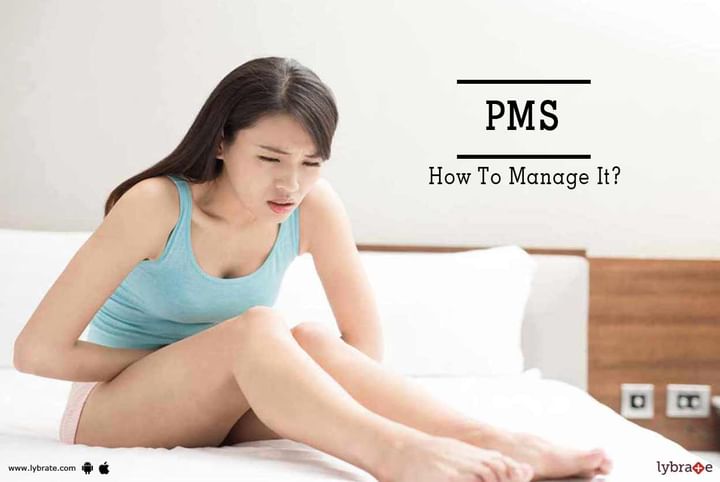PMS - How To Manage It?
PMS is often treated as a joke but for many women, it is a monthly nightmare. Muscle cramps, headaches, bloating, breast tenderness, anxiety and depression are common symptoms of PMS. Though there is no set cure for PMS here are a few tips that will help you deal with it.
1. Set yourself an exercise routine
Exercising not only helps you maintain weight but also helps to deal with PMS. All you need are 30 minutes a day set aside to go for a brisk walk, jog, swim or even dance. Aerobic exercises like this improve blood circulation, ease stress and help the brain release more happy hormones.
2. Change your diet
If you are feeling bloated and depressed, cut back on simple carbohydrates like sugar and fat and increase your consumption of complex carbohydrates like fruits, vegetables and whole grains. Do not attempt a low carb diet to lose weight if you suffer from PMS. Reducing the simple carbohydrates in the body and increasing the complex carbohydrates keeps your body feeling full for longer and increases the serotonin levels in the body.
3. Quit alcohol and caffeine
Drinking a glass of wine of a cup of coffee may give you temporary relief from PMS symptoms but in the long run, they aggravate your PMS symptoms such as headaches, breast tenderness and mood swings. Alcohol may also contribute towards lowering the magnesium levels in your body and thereby make you feel bloated.
4. Relax
One of the effects of PMs is to make you feel anxious and tense. The easiest way to address this is by learning to relax. Try meditation or yoga for half an hour every morning. This will improve your overall health as well as soothe muscle pains.
5. Take a few supplements
Research says that certain fatty acids like omega 3 and linoleic acid can lower irritability and body aches associated with PMS. Calcium is also known to help ease PMS symptoms. Getting these nutrients in the required levels may not be possible only through your daily meals. Hence, you can also consider supplements to ease your pains.
6. Use Birth control pills
Birth control pills with the drospirenone hormone can help ease symptoms of severe PMS. Menstruation is often accompanied by a drop in estrogen levels that can lead to migraines. Regular of birth control pills also regulates your hormones and hence avoids these fluctuations. It also keeps your ovaries from releasing eggs every month and hence reduces the intensity of the associated cramps.
7. Talk to people
You are not alone when it comes to PMS. Instead of keeping quiet about your discomfort, talk to people who may be experiencing something similar. Sharing your problems will introduce you to new ways of dealing with it. You could also get online support through various discussion groups.



+1.svg)
